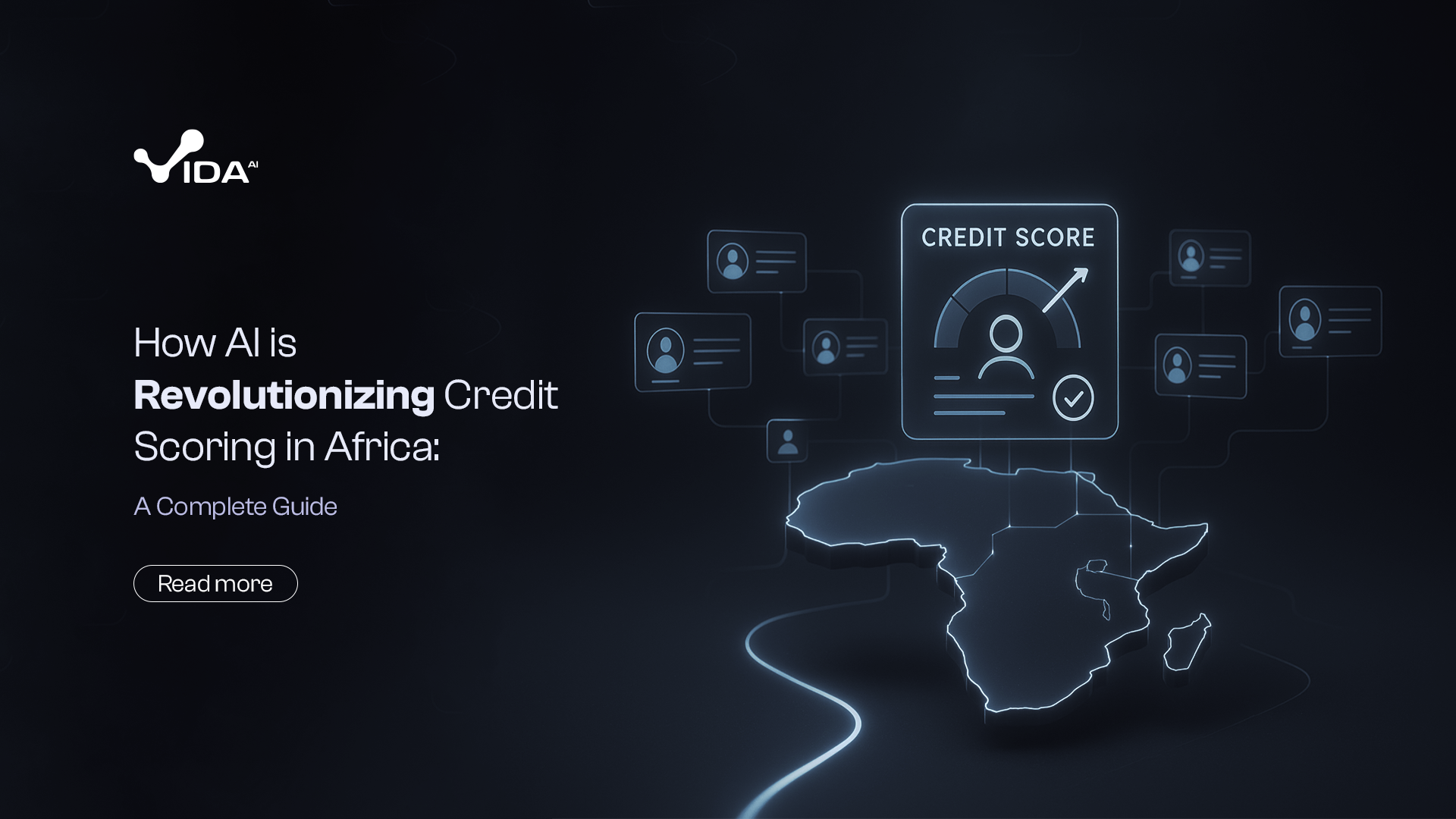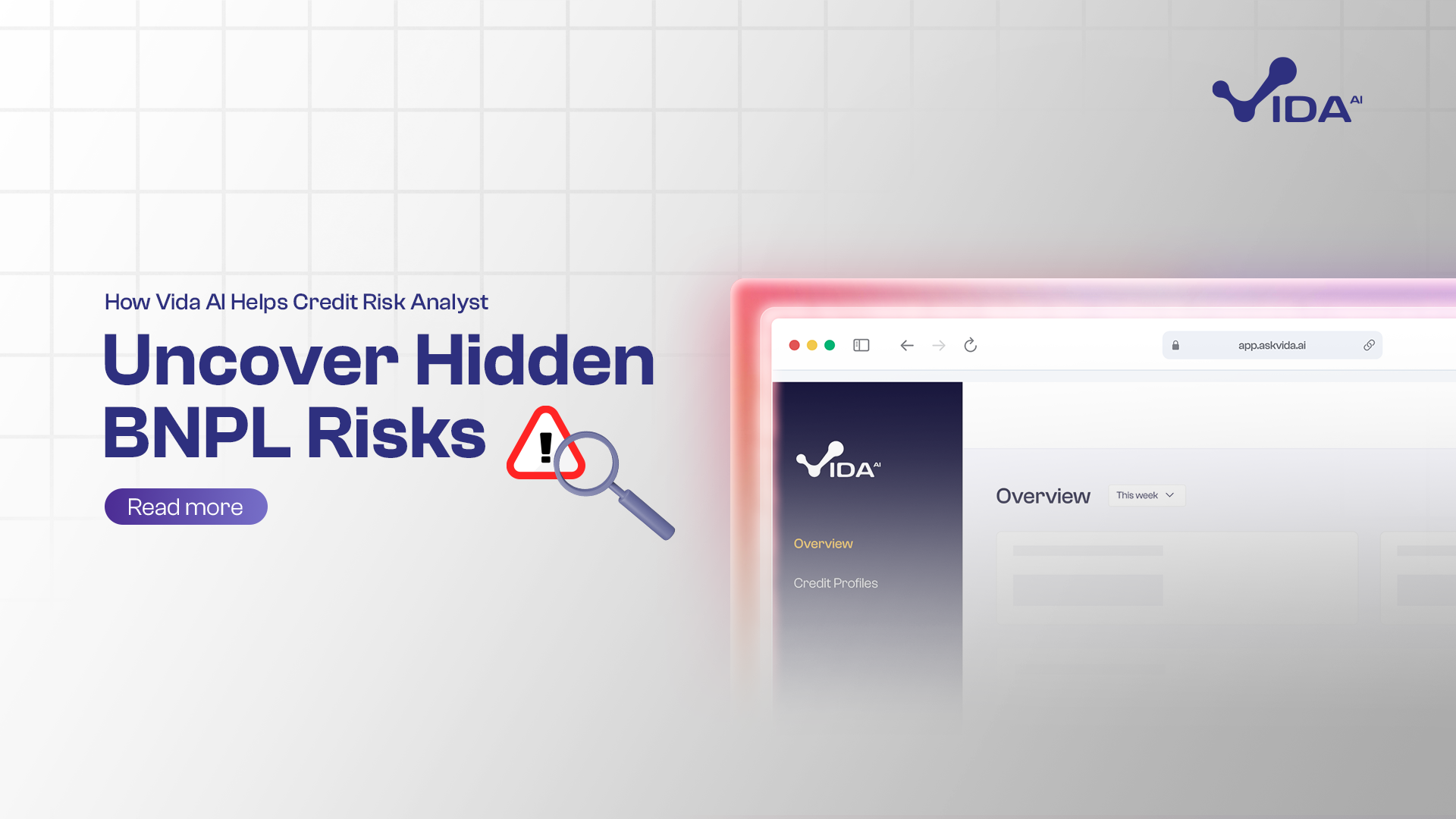back to Articles
How AI is Revolutionizing Credit Scoring in Africa

Eniayewu Josephine
Content Writer
The financial landscape across Africa stands at a pivotal crossroads. While traditional banking systems have struggled to serve the continent's 1.4 billion people effectively, artificial intelligence emerges as the transformative force reshaping how creditworthiness gets evaluated. This revolution extends far beyond simple automation, it represents a fundamental reimagining of financial inclusion across the world's most dynamic continent.
The Credit Scoring Challenge in Africa
Africa's credit scoring challenges run deeper than most financial professionals realize. Traditional credit bureaus cover less than 5% of the adult population across sub-Saharan Africa, leaving hundreds of millions of people invisible to conventional lending systems. Street vendors, small-scale farmers, and informal sector workers who represent over 70% of employment across the continent find themselves systematically excluded from formal credit markets despite often demonstrating remarkable financial discipline.
The African Development Bank estimates that SMEs face a credit gap of $331 billion annually, stunting economic growth and perpetuating poverty cycles. Meanwhile, mobile money adoption has exploded across the continent, with Kenya leading global usage rates and countries like Ghana, Tanzania, and Uganda following close behind. This digital financial activity generates massive amounts of data that traditional scoring models completely ignore.
How AI Transforms Credit Assessment
Artificial intelligence fundamentally changes the credit scoring equation by making the invisible visible. Machine learning algorithms excel at identifying patterns in vast datasets that human analysts would never detect, turning previously meaningless digital footprints into powerful predictive indicators of creditworthiness.
Modern AI systems can analyze mobile money transaction histories, social media activity, smartphone usage patterns, and even satellite imagery to assess risk. These digital footprints create rich profiles that AI can evaluate with remarkable accuracy, even for users without traditional credit histories.
These AI-driven approaches deliver superior predictive accuracy compared to traditional models. Early implementations across Africa show default prediction improvements of 15-30% over conventional credit scoring methods. More importantly, they can assess risk for previously "unscorable" populations, dramatically expanding the addressable market for lenders while maintaining acceptable risk levels.
Key Technologies Driving Change
Several specific AI technologies are driving this transformation across African markets. Machine learning algorithms form the foundation, with ensemble methods combining multiple models to improve prediction accuracy and reduce bias. These systems continuously learn from new data, becoming more accurate over time as they process more transactions and outcomes.
Natural language processing technologies prove particularly powerful in multilingual African markets. These systems can analyze communications in local languages, understanding context and sentiment that reveals financial behavior patterns. Alternative data sources are expanding rapidly beyond traditional financial records, including psychometric testing through mobile applications, geolocation data revealing stability patterns, and utility payment histories demonstrating financial responsibility.
Blockchain technology is beginning to create interoperable credit histories that can follow individuals across borders and financial institutions. This development proves particularly valuable in Africa, where labor migration and cross-border trade are common.
Real-World Applications Making Impact
The practical applications of AI-driven credit scoring are transforming lending across the continent. Mobile lending platforms across Africa now use smartphone data to provide instant loans to users who would never qualify for traditional bank credit. These platforms analyze app usage patterns, communication data, and digital behavior to create credit scores within minutes of application.
Financial institutions across the continent are incorporating satellite imagery and weather data into agricultural lending decisions. This approach enables farmers to access crop financing based on real-time analysis of their land's productive capacity and environmental conditions, significantly expanding agricultural credit access while improving risk assessment accuracy.
Benefits and Challenges
The advantages of AI-driven credit scoring in Africa are transformative for both lenders and borrowers. Financial inclusion increases dramatically as previously invisible populations gain access to formal credit markets. Processing times drop from weeks to minutes, while operational costs decrease by up to 75% compared to traditional underwriting methods.
However, significant challenges remain. Data privacy concerns are growing as consumers become more aware of how their digital footprints are being analyzed. Regulatory frameworks are struggling to keep pace with technological advancement, creating uncertainty about appropriate data usage and protection standards. Algorithmic bias presents another critical challenge, as AI systems can perpetuate existing social inequalities if not carefully designed and monitored.
The Path Forward
The trajectory of AI-driven credit scoring in Africa points toward even more sophisticated and inclusive systems. Real-time scoring capabilities are advancing rapidly, enabling dynamic credit limits that adjust based on changing circumstances. Cross-border integration represents another frontier with enormous potential as African Continental Free Trade Area implementation accelerates.
The revolution in African credit scoring represents more than technological advancement. It embodies a fundamental shift toward truly inclusive financial systems. As AI technologies continue evolving and regulatory frameworks mature, the continent stands poised to leapfrog traditional banking limitations and create the world's most innovative credit markets. The future of African finance is being written today through algorithms and data streams, promising unprecedented financial inclusion for hundreds of millions across the continent.
Ready to Transform Your Credit Decisions?
Sign Up to discover how Vida AI's advanced algorithms can help you serve underbanked populations while reducing risk.

